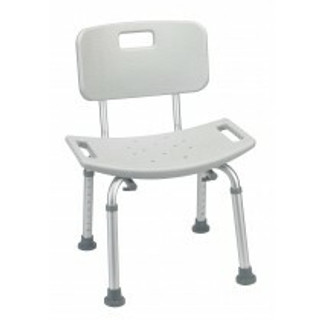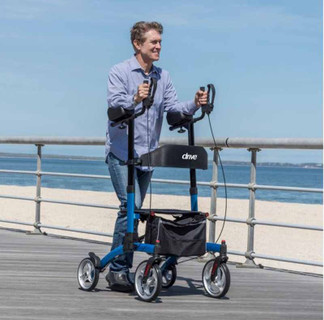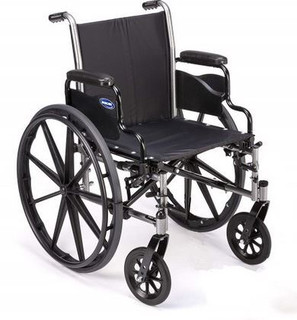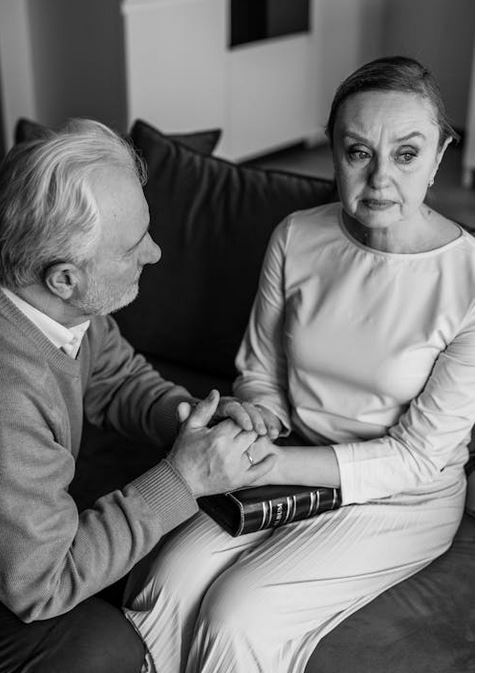Helping Seniors Handle Grief: Compassionate Support & Practical Tips
Helping Seniors Handle Grief: Compassionate Support & Practical Tips
Grief can touch every stage of life, but for older adults, the journey can be especially complex. Whether they’re mourning the loss of a spouse, close friends, health, or independence, seniors often need extra understanding and guidance. At Safewell Medical Supply, we believe caring for seniors means supporting both their physical and emotional well-being.
Here are proven ways to help seniors navigate grief with dignity and hope.
Why Grief Looks Different for Older Adults
-
Cumulative losses – Seniors may face several losses over time, which can intensify sadness.
-
Physical health concerns – Illness or mobility issues can complicate emotional healing.
-
Social isolation – Retirement or limited transportation may reduce supportive connections.
-
Changing identity – Losing roles such as “spouse,” “caregiver,” or “community leader” can affect purpose.
Understanding these challenges helps caregivers and families offer the right support.
8 Ways to Support Seniors Through Grief
-
Encourage storytelling and memories
Invite seniors to share memories through conversations, photo albums, or journals. Storytelling helps honor their loss while strengthening connections. -
Listen with patience and empathy
Sometimes, presence matters more than words. Let seniors talk—or sit quietly—without rushing their emotions. -
Maintain gentle routines
Structure brings comfort during grief. Support daily meals, rest, hygiene, and light activity to create stability. -
Foster social interaction
Encourage calls, visits, or community activities. Virtual support groups or senior centers can reduce loneliness. -
Promote light physical activity
Walking, stretching, or chair exercises (approved by a doctor) can improve mood and energy. -
Offer creative outlets
Hobbies, music, art, or gardening give seniors meaningful ways to express feelings and rediscover joy. -
Connect them with professional support
Counselors, grief groups, or clergy experienced in bereavement can guide older adults through difficult emotions. -
Watch for signs of complicated grief
Persistent sadness, isolation, or unhealthy coping may indicate the need for professional intervention.
The Role of Caregivers & Communities
Caregivers, families, and neighbors are key in helping seniors heal:
-
Check in regularly, even months after a loss.
-
Offer practical help with meals, errands, or transportation.
-
Remind them there’s no “right” timeline for mourning.
-
Share resources such as support groups, grief counseling, or hospice programs.
How Safewell Medical Supply Supports Seniors
At Safewell Medical Supply, we’re committed to more than quality medical products—we aim to enhance quality of life. Our team helps grieving seniors by:
-
Providing comfort aids, mobility devices, and adaptive tools that ease daily challenges.
-
Offering fast, reliable delivery to reduce stress.
-
Sharing educational materials about grief support for seniors and caregiver resources.
-
Partnering with local organizations to connect families with bereavement services.
Final Thoughts
Helping seniors handle grief requires patience, compassion, and the right tools. With steady support from loved ones, caregivers, and trusted partners like Safewell Medical Supply, older adults can find strength, purpose, and healing after loss.



















